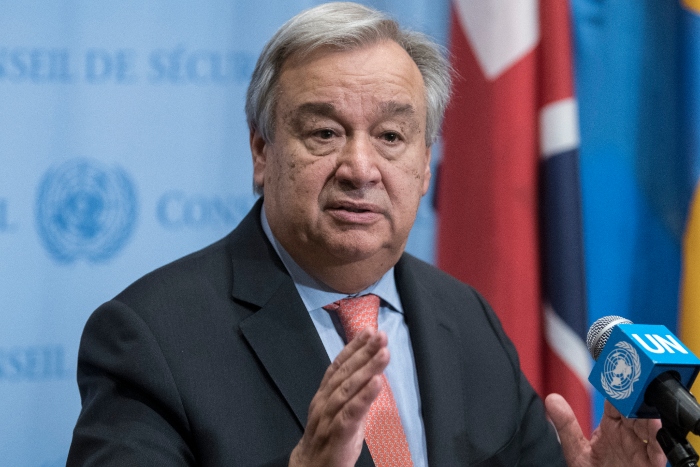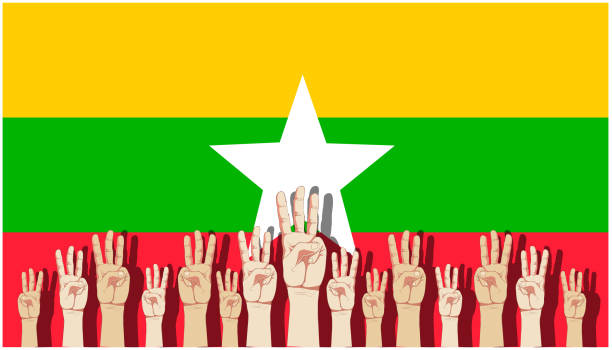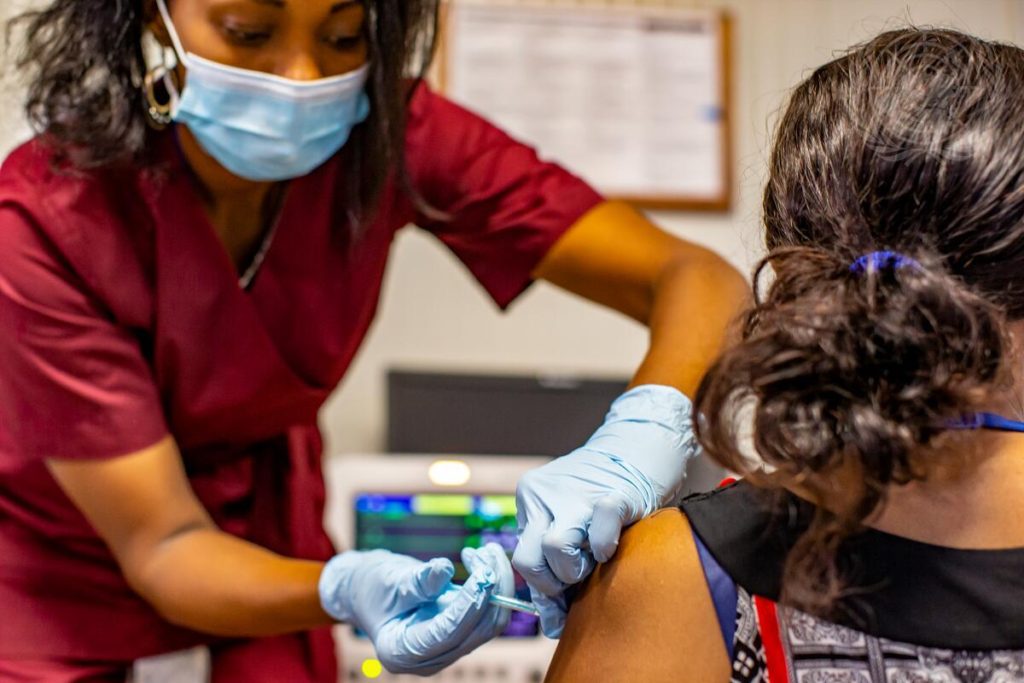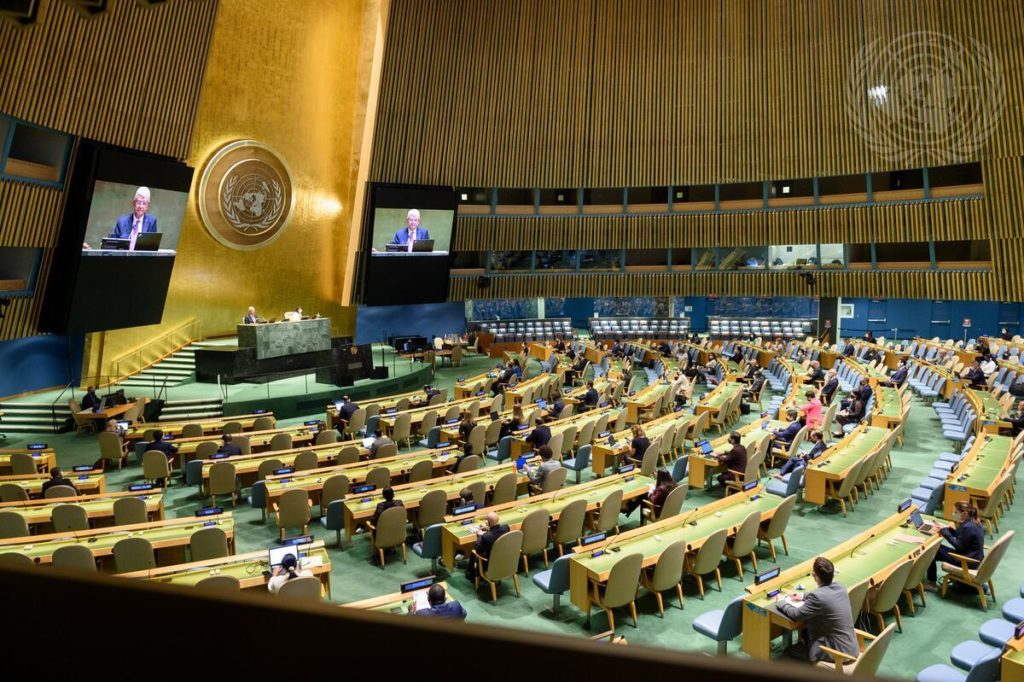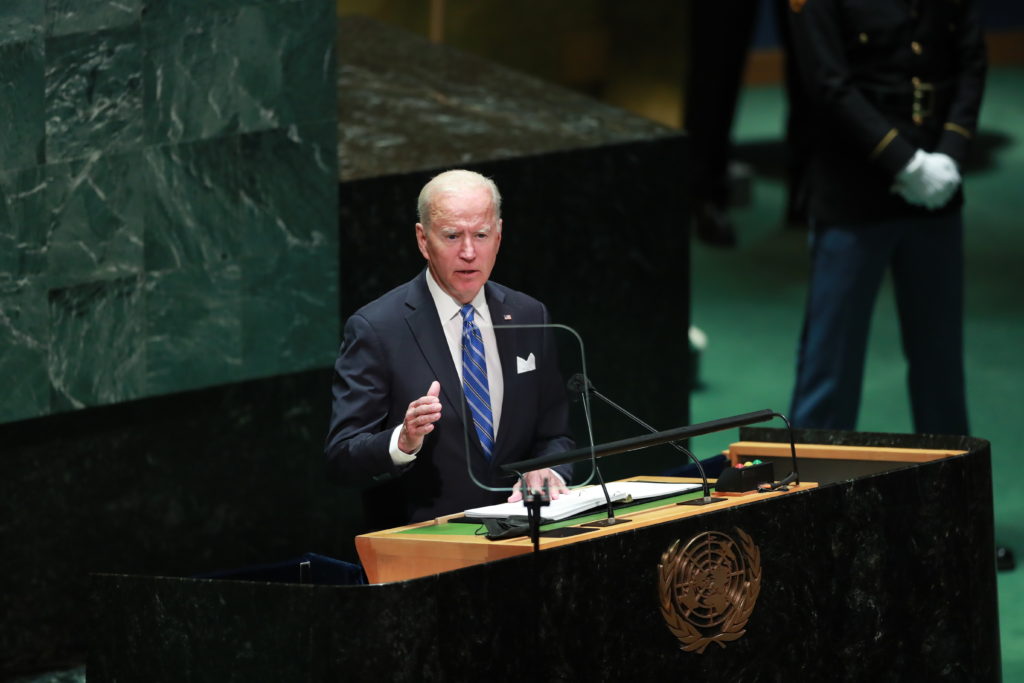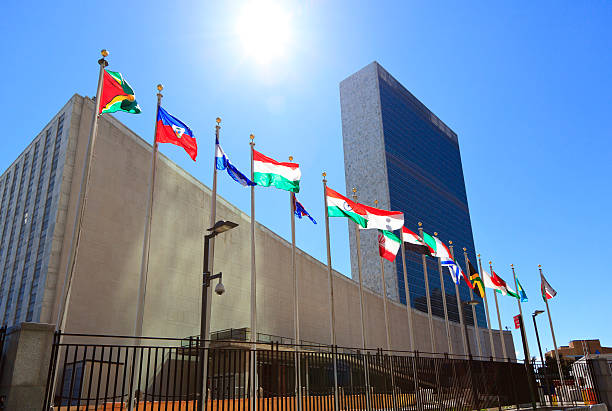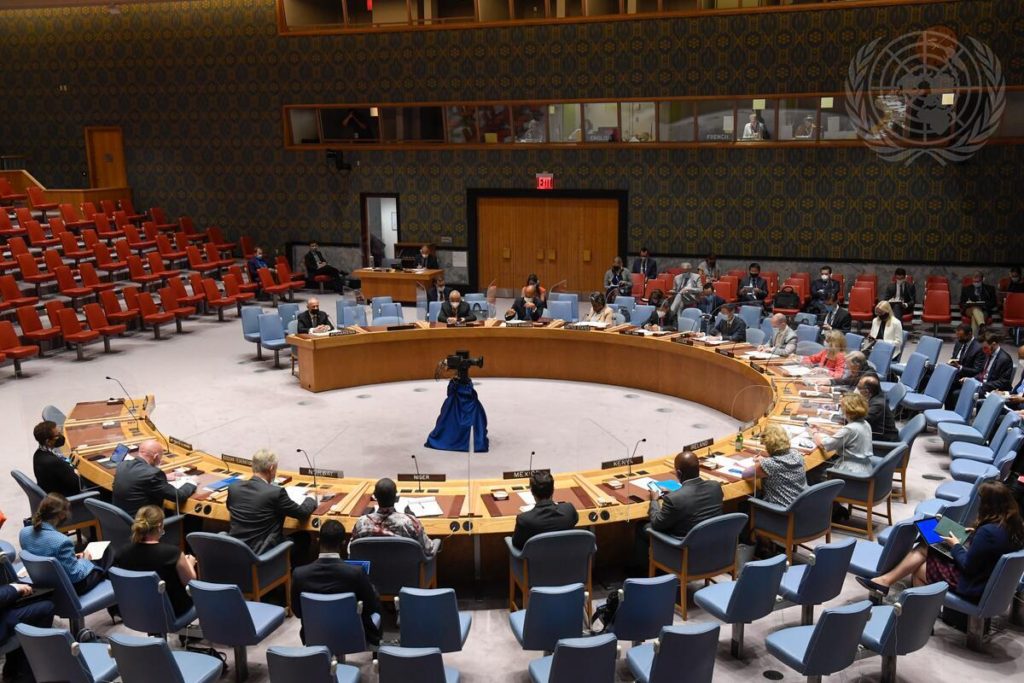UN: Life-saving humanitarian aid to 7 million people in Ethiopia crippled by fighting, road blockades and cash shortage
New York, October 6 – The United Nations Security Council was told that UN operations to bring life-saving humanitarian aid to 7 million people in Ethiopia, including 400,000 people living in famine conditions in Tigray, are seriously hampered by continued fighting, severe checkpoints along transportation routes and lack of cash to operate and pay relief workers.
UN Secretary-General Antonio Guterres urged the 15-nation Security Council to support and unite behind efforts being made by UN agencies and partners in Ethiopia to bring urgent relief goods and medicine to the 5 million people in Tigray and 2 million in Amhara and Afar. The council is the highest body in the UN system responsible for peace and security matters.
Guterres said the Afar corridor is the only option to transport humanitarian aid to Tigray but access to the area has been severely restricted by official and unofficial checkpoints, insecurity and other obstacles and challenges.
“Vital fuel supplies continue to be blocked, as are essential medicines and equipment,” he said.
“Humanitarian organizations continue to lack the cash they need to operate and to pay their staff. “Access to electricity remains precarious. Millions of people are cut off from communications networks and vital services such as health care. Fighting in Amhara is another serious impediment to humanitarian access.”
“As a result of all these facts, life-saving humanitarian operations are being crippled,” he said.
He said UN officials and workers on the ground in Ethiopia have reported “increasingly alarming eye-witness testimony of the suffering, including growing accounts of hunger-related deaths” which are close to the levels of the devastating famine in Somalia in 2011.
“We are also seeing deeply worrying reports of violations of human rights abuses perpetrated by all sides. I am particularly concerned about chilling accounts of violence against women and children, including sexual and gender-based violence,” Guterres said.
“The country is facing an immense humanitarian crisis that demands immediate attention.
All efforts should be squarely focused on saving lives and avoiding a massive human tragedy.”
In his remarks the council, Guterres said the Ethiopian government’s decision to expel seven UN officials failed to follow a normal procedure and was “particularly disturbing.”
“This unprecedented expulsion should be a matter of deep concern for us all as it relates to the core of relations between the UN and Member States.”
The Ethiopian government on September 30 shocked the UN when it declared seven UN officials persona non grata and ordered them to leave the country within 72 hours. Five of the officials are members of the UN humanitarian affairs office and the other are representatives of the UN Children’s Fund and the UN human rights office.
Despite the difficult challenges facing the UN humanitarian operations in Ethiopia, the UN chief said the UN agencies will continue their work as mandated in the African nation and with local and international partners to support millions of people in need of humanitarian assistance in Tigray, Amhara and Afar, and across the country, in full accordance with the UN Charter and General Assembly resolution 46/182.
“I now call on Ethiopian authorities to allow us to do this without hindrance and to facilitate and enable our work with the urgency that this situation demands.” Guterres said.
Read more News on Conflict here
United Nations correspondent journalists – United Nations correspondent journalists – United Nations correspondent journalists
United Nations journalism articles – United Nations journalism articles – United Nations journalism articles

